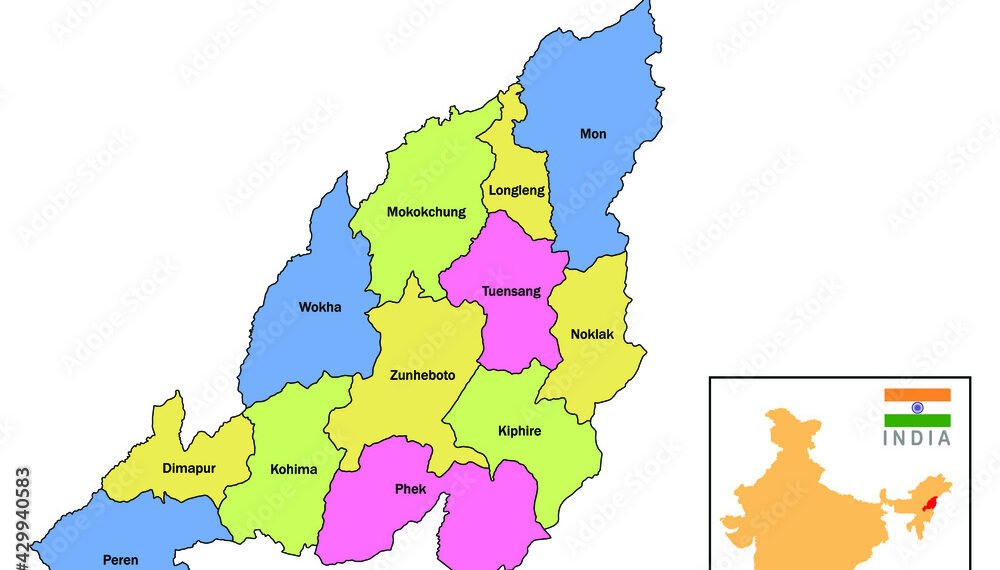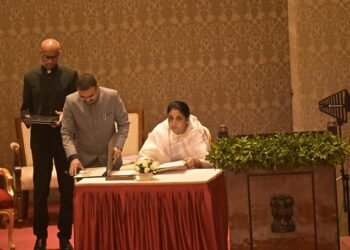A proposed administrative survey to verify who qualifies as an indigenous inhabitant in Nagaland has been temporarily blocked by the court after minority tribes challenged it on constitutional grounds.
BY PC Bureau
Kohima, June 27, 2025 — In a significant development, the Kohima Bench of the Gauhati High Court has stayed the Nagaland government’s proposed “indigenous inhabitants” enumeration exercise, which was set to begin on July 4, 2025. The court acted in response to a writ petition filed by members of the Garo, Kuki, Kachari, and Mikir (Karbi) communities, who alleged that the move could lead to discrimination and violate their constitutional rights.
The enumeration drive, announced earlier this year, aimed to verify the ancestry of individuals residing in Nagaland prior to December 1, 1963—the cut-off date used to determine “indigenous inhabitant” status under state regulations. The government described the move as a routine administrative exercise to update and digitize legacy records of indigenous citizens.
However, the petitioners contended that the process was unjust, arbitrary, and potentially exclusionary, especially for minority tribes who have lived in Nagaland for generations but lack formal documentation. They argued the move threatened to strip many from these communities of access to affirmative action benefits, land rights, and job quotas, which are reserved for indigenous inhabitants under Nagaland’s special status.
READ: Centre to Hold Back-to-Back Talks with Meitei, Kuki-Zo Groups Next Week
The petition, registered as W.P.(C)/94/2024, further claimed that the exercise infringed on Articles 14 (equality before the law), 15 (protection from discrimination), and 19 (freedom of movement and residence) of the Constitution. It also highlighted fears of communal tension and social unrest in an already sensitive ethnopolitical landscape.
In response, the Nagaland government submitted an affidavit stating that the enumeration process was merely intended to streamline administrative records and ensure more accurate governance. The state denied any intent to exclude or target specific communities.
After hearing both sides, Justice Marli Vankung ruled in favor of a temporary stay on the implementation of the enumeration, pending further hearings scheduled for mid-July. The court emphasized the need to balance state administrative powers with constitutional protections, especially when it concerns identity, community rights, and access to public resources.
READ: Review: Silent Scars — Giving Voice to Manipur’s Silenced Survivors
The case has sparked widespread debate across Nagaland and the Northeast, with tribal councils, civil society organizations, and rights groups voicing both support and opposition. While some assert that updating indigenous inhabitant records is vital for preserving local identity and resource entitlements, others see it as a dangerous precedent that could lead to ethnic profiling and institutional exclusion.
The stay order comes amid growing scrutiny of the Nagaland government’s policy moves affecting tribal communities, and it is likely to be closely watched across the Northeast region.













